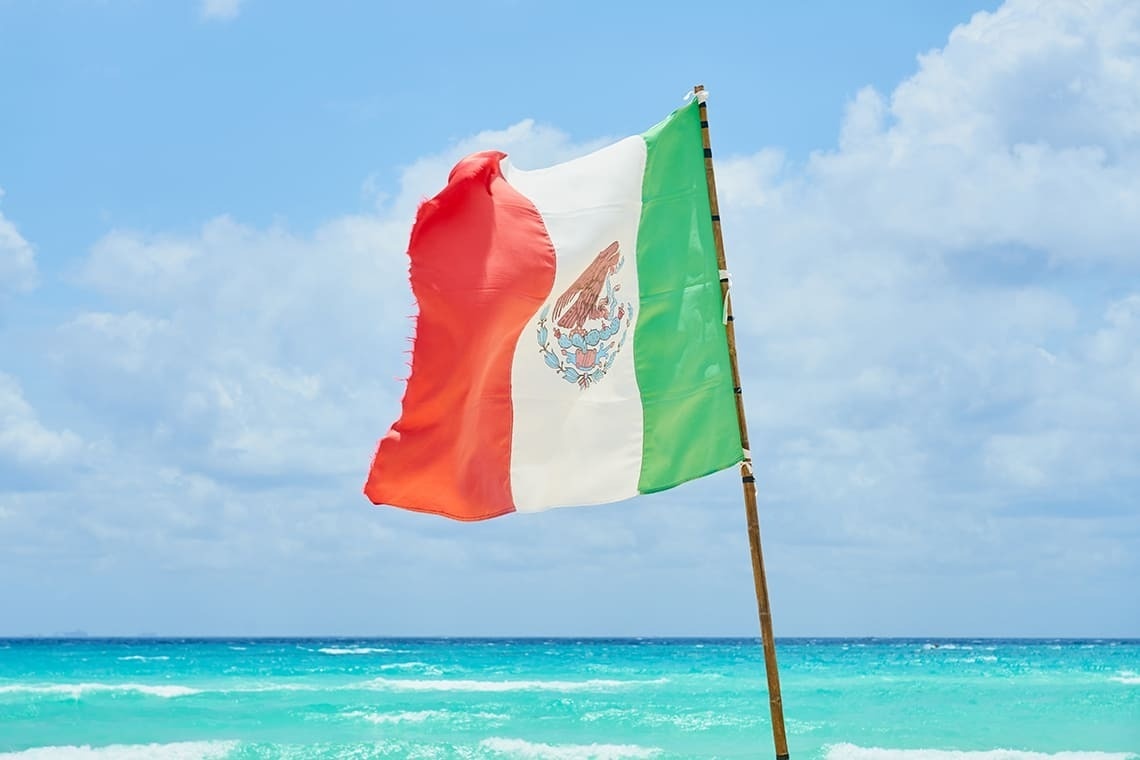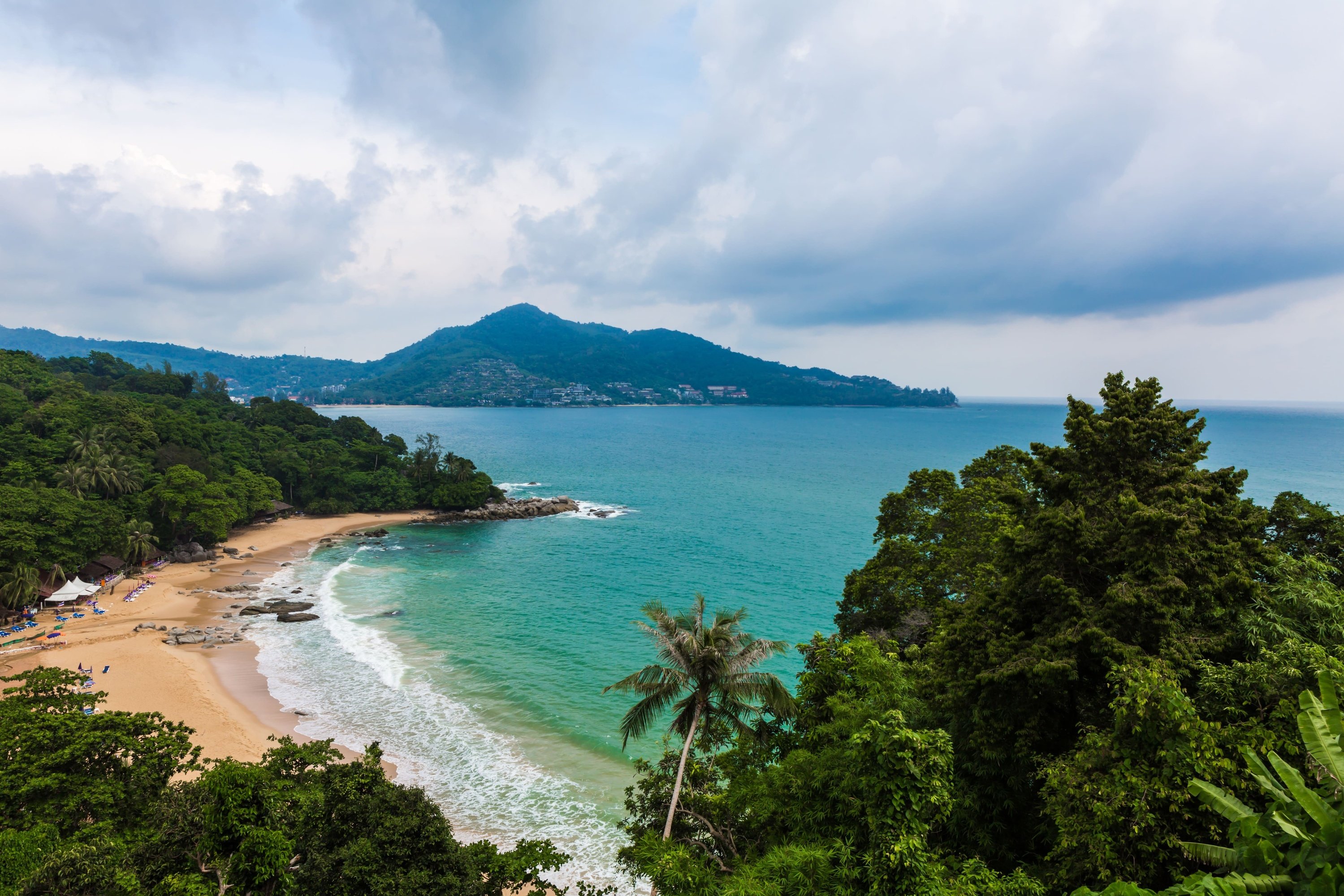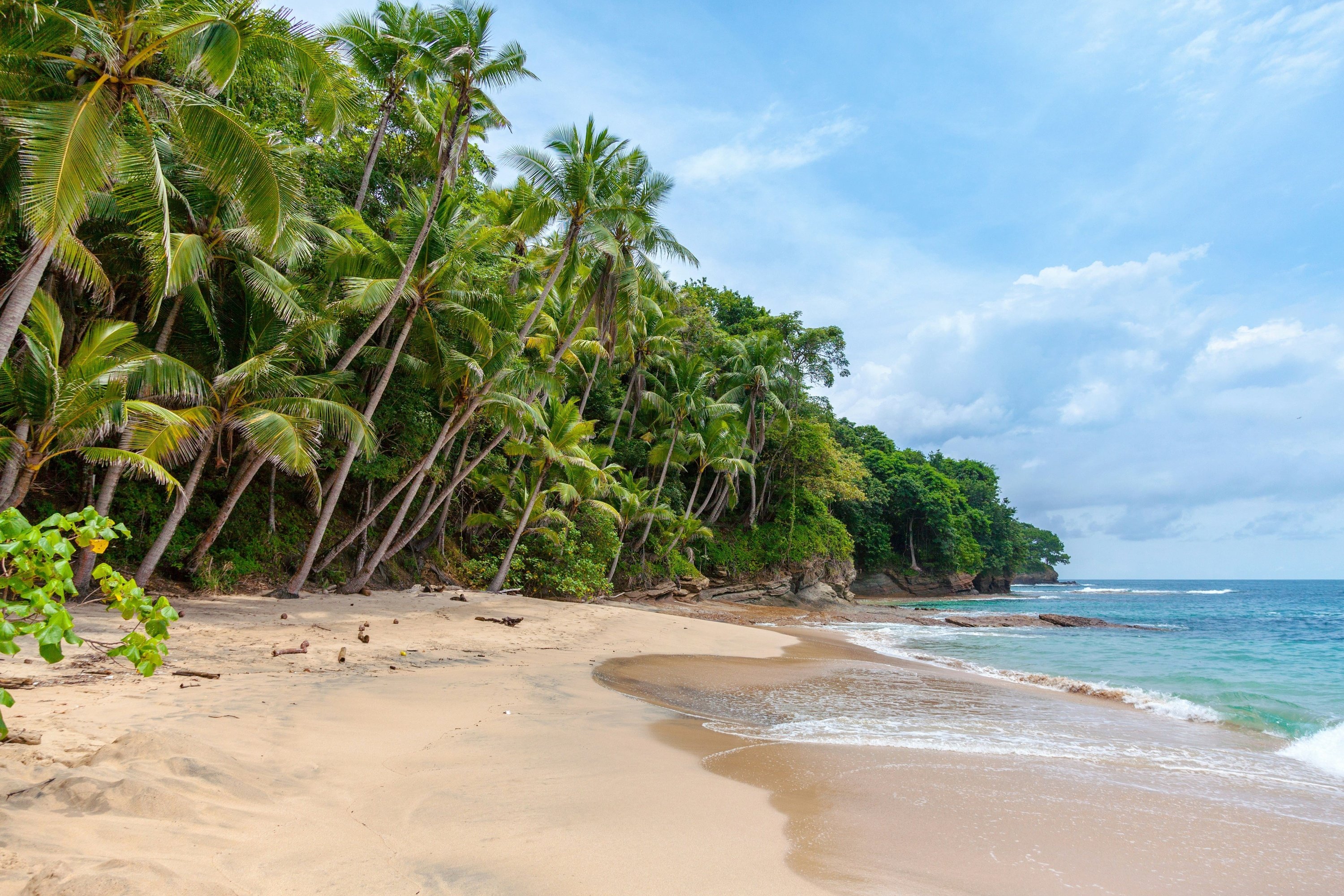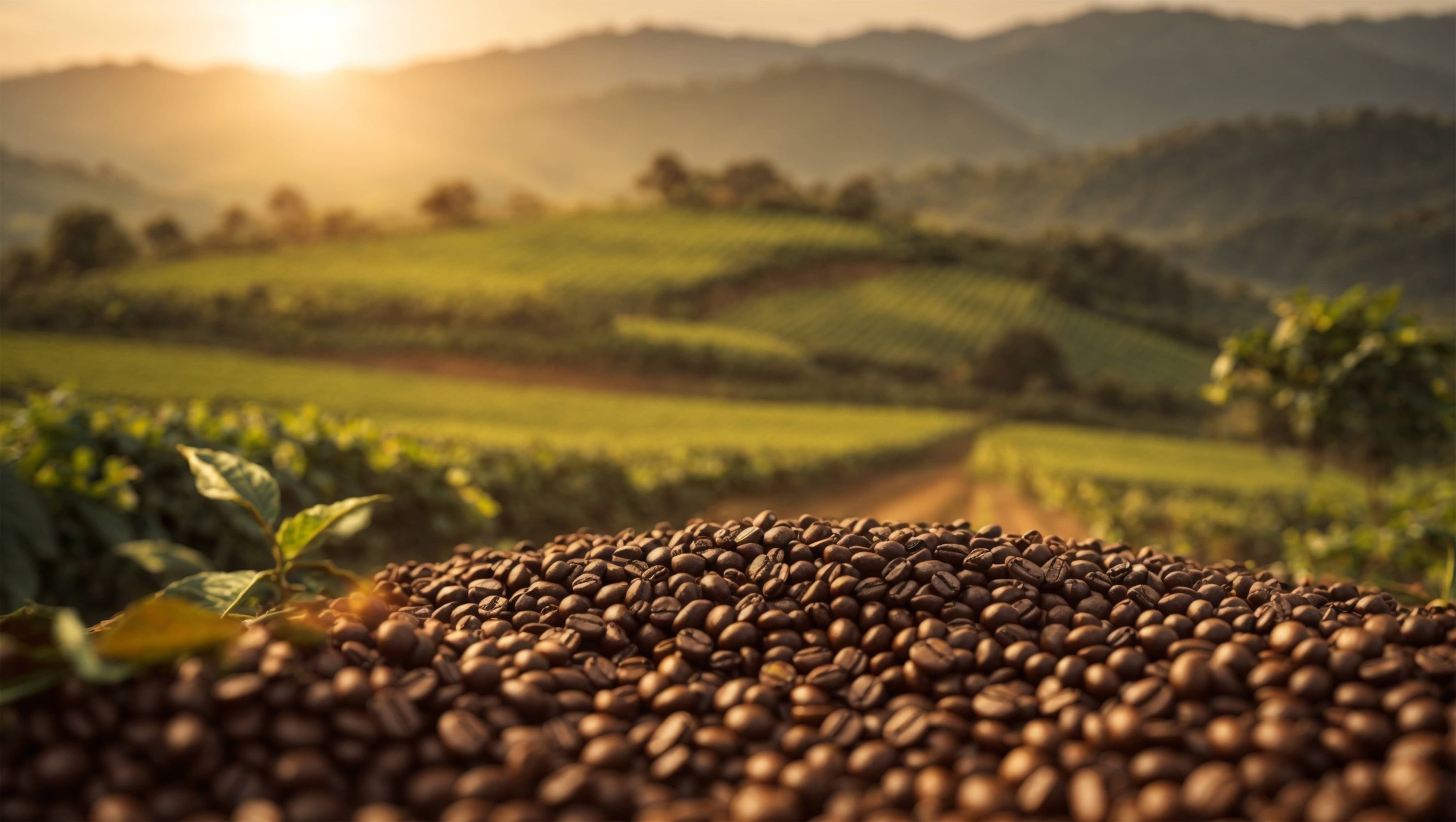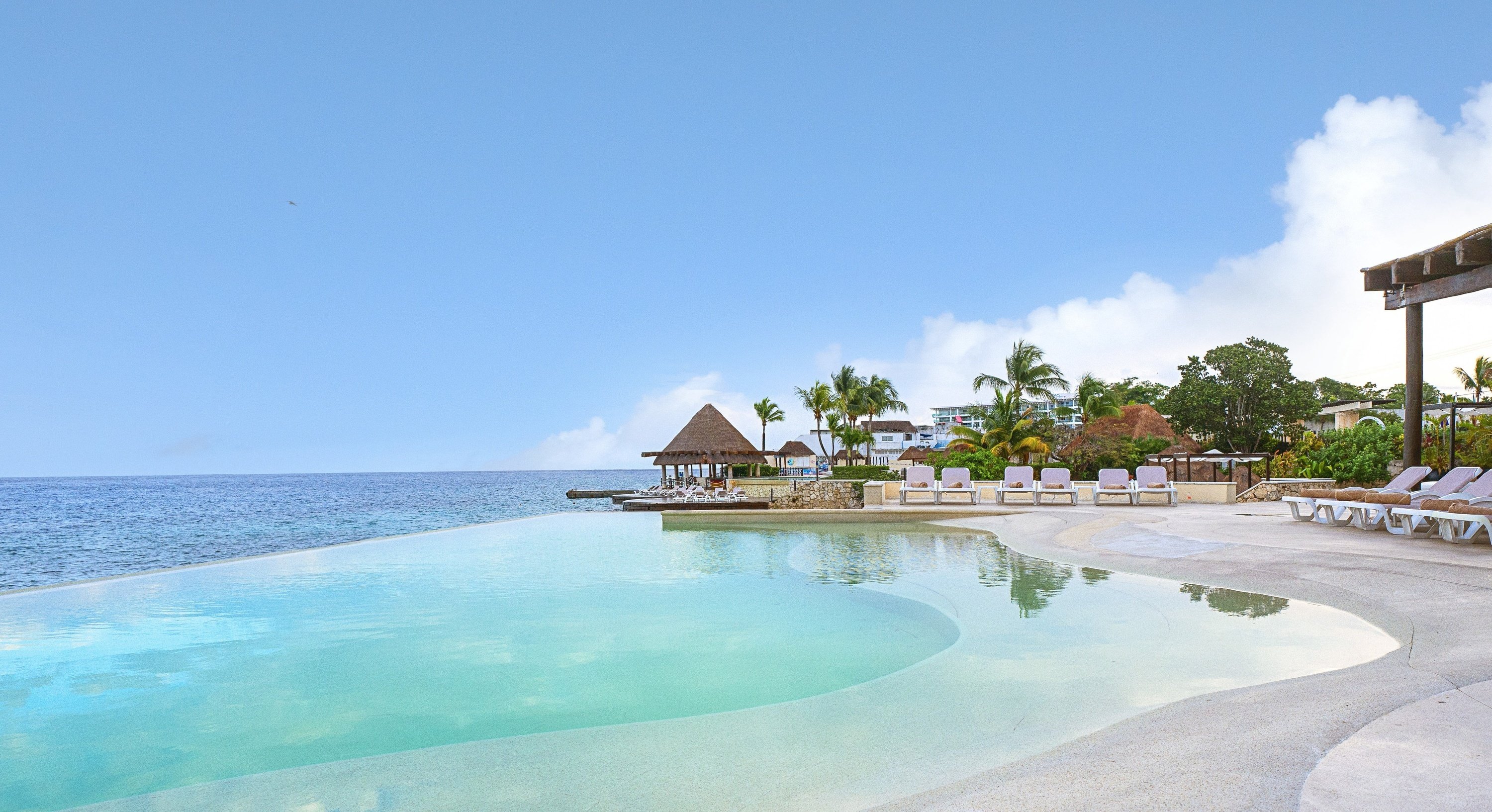Viva Mexico and Long Live Tequila!
Hotels & Resorts 24/07/2024
July 24th is a special date for all tequila lovers because it’s International Tequila Day. This drink, originating from Mexico, is one of the most representative symbols of Mexican culture and has a rich history worth sharing.
Tequila is made from blue agave, a succulent plant that grows in the Tequila region of Jalisco, Mexico. The origins of this drink date back to pre-Hispanic times when the Aztecs fermented a beverage called pulque from various species of agave. However, the true predecessor of modern tequila appeared with the arrival of the Spaniards in the 16th century, when the Spanish arrived and introduced distillation techniques, creating a stronger, refined drink from agave.
Over the centuries, tequila production process has been perfected. In the 17th century, the first formal distilleries were established in Jalisco. By the early 19th century, tequila began to gain popularity in other parts of Mexico, and later, in the 20th century, it was exported to the United States and other countries.
In 1974, Mexico got the designation of origin for tequila, meaning that only tequila produced in certain regions of Mexico can bear this name. This measure was crucial to protect the authenticity and quality of tequila, establishing strict production standards and ensuring that only blue agave from designated regions is used.
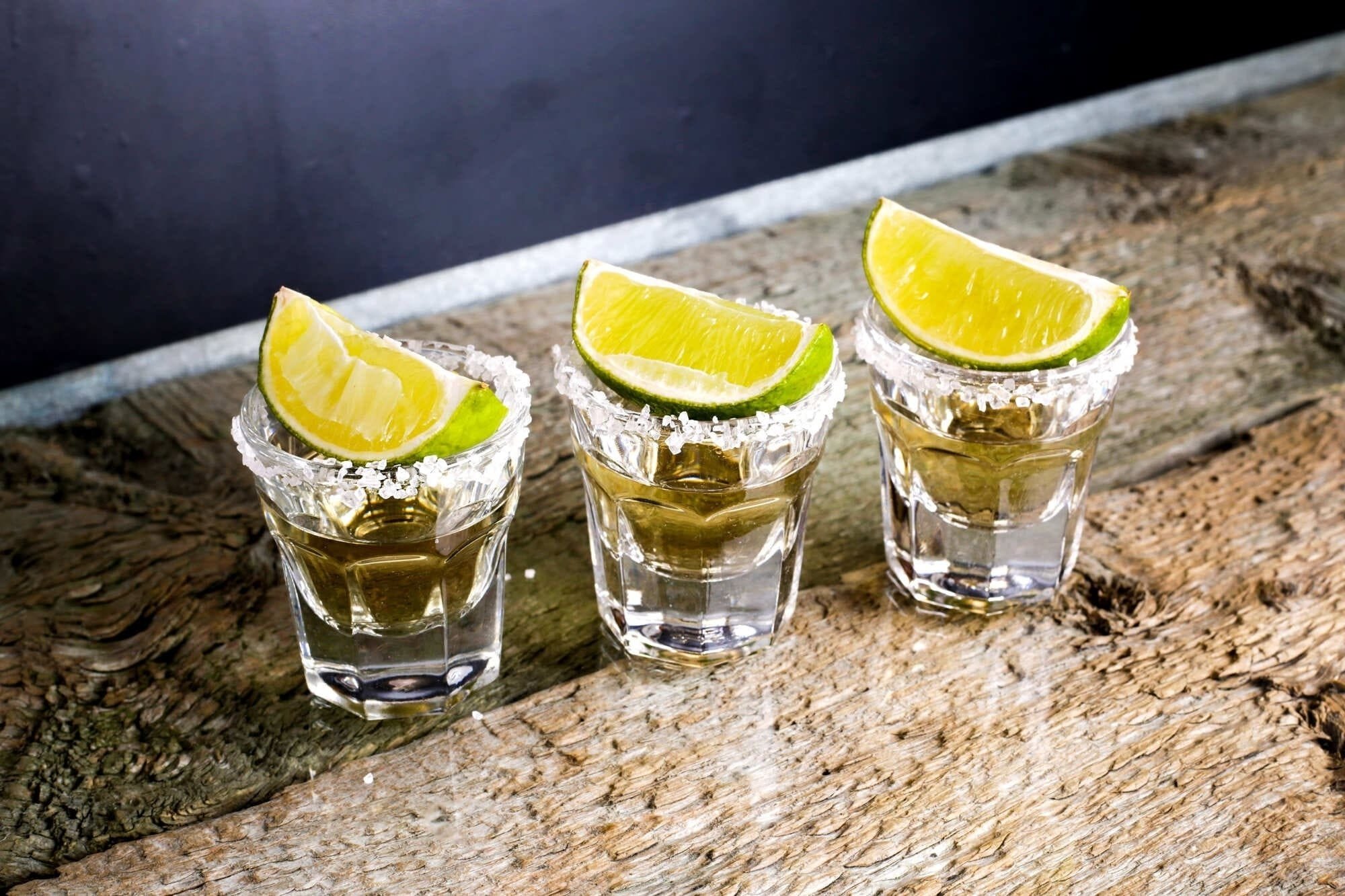
Tequila is not only known for its distinctive flavor and its ability to liven up any party but also for its unique properties. It is said that tequila, in moderation, has certain health benefits. It can aid digestion, and some studies suggest that it may have probiotic and anti-inflammatory properties.
Tequila has crossed borders and has become one of the most popular alcoholic drinks in the world. Its versatility makes it ideal for being enjoyed neat, in a shot, or as a base for a wide variety of tequila cocktails.
One of the most famous cocktails is the Margarita, a delicious mix of tequila, lime juice, and orange liqueur, served in a glass with a salted rim. The Margarita has gained worldwide popularity, becoming a classic in bars and restaurants. It is said that this cocktail was invented in the 1930s or 1940s, although its exact origin is uncertain. One of the most popular stories suggests it was created by a bartender in honor of a dancer named Margarita.
Besides the Margarita, tequila is used in other popular cocktails such as the Tequila Sunrise, Paloma, and Tequini, a version of the Martini. This versatility has contributed to its global popularity, as it adapts to different tastes and occasions.
With the arrival of Mexican National Holidays, tequila plays a crucial role in the celebrations. These festivities, which commemorate Mexico's independence, are a perfect opportunity to enjoy Mexican culture at its best. During this time, tequila becomes the star of the party, accompanying typical foods, dances, and traditional music.
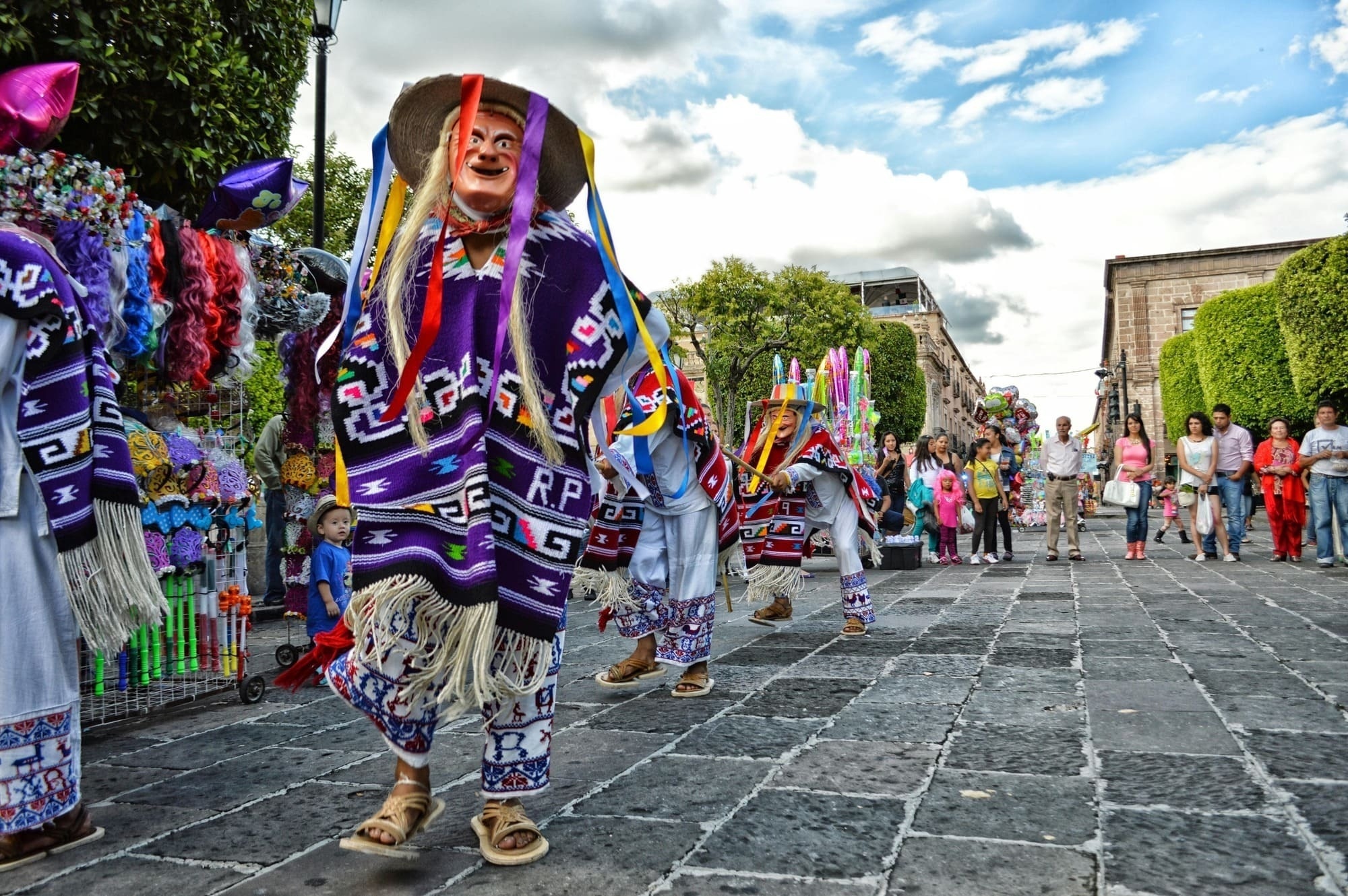
For those who want to celebrate International Tequila Day in a special way, our hotels offer a variety of unique activities. For example, Grand Park Royal Cancún and Grand Park Royal Cozumel have prepared a series of events including tequila cocktail classes, margarita tastings, and Mexican barbecues by the pool.
At Grand Park Royal Puerto Vallarta, guests can enjoy a margarita tasting and a 'cantaritos' contest, while Park Royal Beach Cancún offers a tequila tasting and a fun tequila dance.
International Tequila Day is an excellent occasion to honor one of Mexico's most iconic drinks. Whether you prefer to enjoy it neat, in a cocktail, or as part of a larger celebration during the National Holidays, tequila is undoubtedly a drink that brings people together and celebrates Mexico's rich culture and tradition. So, cheers! And enjoy a good tequila.
A brief history of tequila
Tequila is made from blue agave, a succulent plant that grows in the Tequila region of Jalisco, Mexico. The origins of this drink date back to pre-Hispanic times when the Aztecs fermented a beverage called pulque from various species of agave. However, the true predecessor of modern tequila appeared with the arrival of the Spaniards in the 16th century, when the Spanish arrived and introduced distillation techniques, creating a stronger, refined drink from agave.
Over the centuries, tequila production process has been perfected. In the 17th century, the first formal distilleries were established in Jalisco. By the early 19th century, tequila began to gain popularity in other parts of Mexico, and later, in the 20th century, it was exported to the United States and other countries.
In 1974, Mexico got the designation of origin for tequila, meaning that only tequila produced in certain regions of Mexico can bear this name. This measure was crucial to protect the authenticity and quality of tequila, establishing strict production standards and ensuring that only blue agave from designated regions is used.

The properties of tequila
Tequila is not only known for its distinctive flavor and its ability to liven up any party but also for its unique properties. It is said that tequila, in moderation, has certain health benefits. It can aid digestion, and some studies suggest that it may have probiotic and anti-inflammatory properties.
The popularity of tequila worldwide
Tequila has crossed borders and has become one of the most popular alcoholic drinks in the world. Its versatility makes it ideal for being enjoyed neat, in a shot, or as a base for a wide variety of tequila cocktails.
One of the most famous cocktails is the Margarita, a delicious mix of tequila, lime juice, and orange liqueur, served in a glass with a salted rim. The Margarita has gained worldwide popularity, becoming a classic in bars and restaurants. It is said that this cocktail was invented in the 1930s or 1940s, although its exact origin is uncertain. One of the most popular stories suggests it was created by a bartender in honor of a dancer named Margarita.
Besides the Margarita, tequila is used in other popular cocktails such as the Tequila Sunrise, Paloma, and Tequini, a version of the Martini. This versatility has contributed to its global popularity, as it adapts to different tastes and occasions.
Mexican national holidays and tequila
With the arrival of Mexican National Holidays, tequila plays a crucial role in the celebrations. These festivities, which commemorate Mexico's independence, are a perfect opportunity to enjoy Mexican culture at its best. During this time, tequila becomes the star of the party, accompanying typical foods, dances, and traditional music.

Activities on International Tequila Day
For those who want to celebrate International Tequila Day in a special way, our hotels offer a variety of unique activities. For example, Grand Park Royal Cancún and Grand Park Royal Cozumel have prepared a series of events including tequila cocktail classes, margarita tastings, and Mexican barbecues by the pool.
At Grand Park Royal Puerto Vallarta, guests can enjoy a margarita tasting and a 'cantaritos' contest, while Park Royal Beach Cancún offers a tequila tasting and a fun tequila dance.
International Tequila Day is an excellent occasion to honor one of Mexico's most iconic drinks. Whether you prefer to enjoy it neat, in a cocktail, or as part of a larger celebration during the National Holidays, tequila is undoubtedly a drink that brings people together and celebrates Mexico's rich culture and tradition. So, cheers! And enjoy a good tequila.


